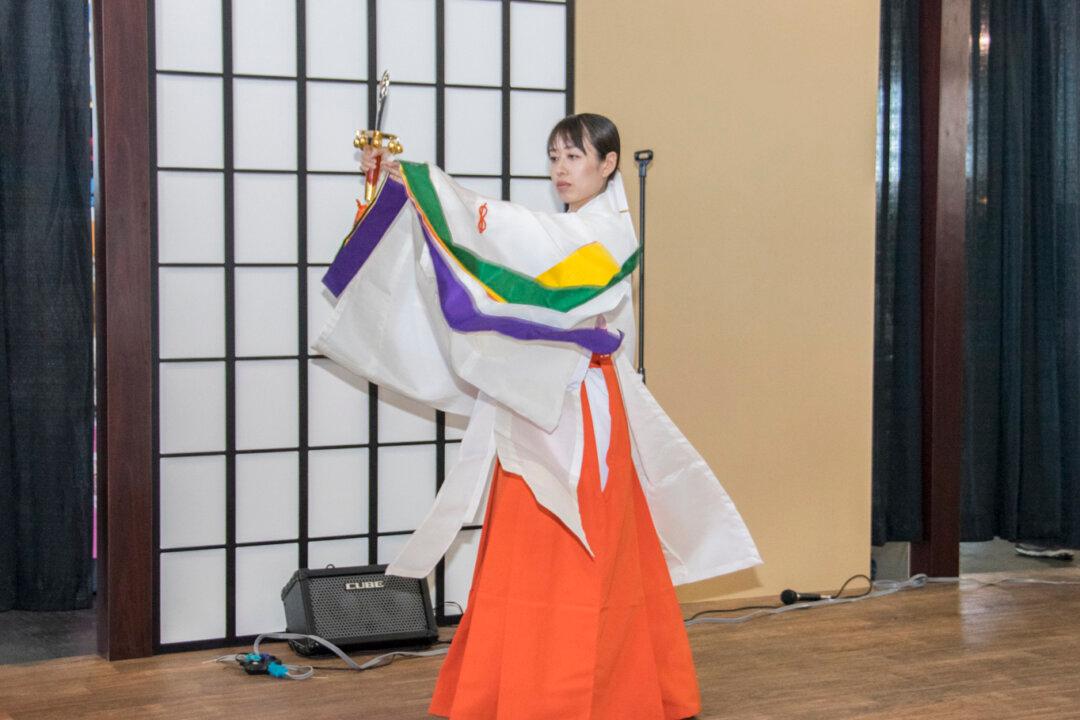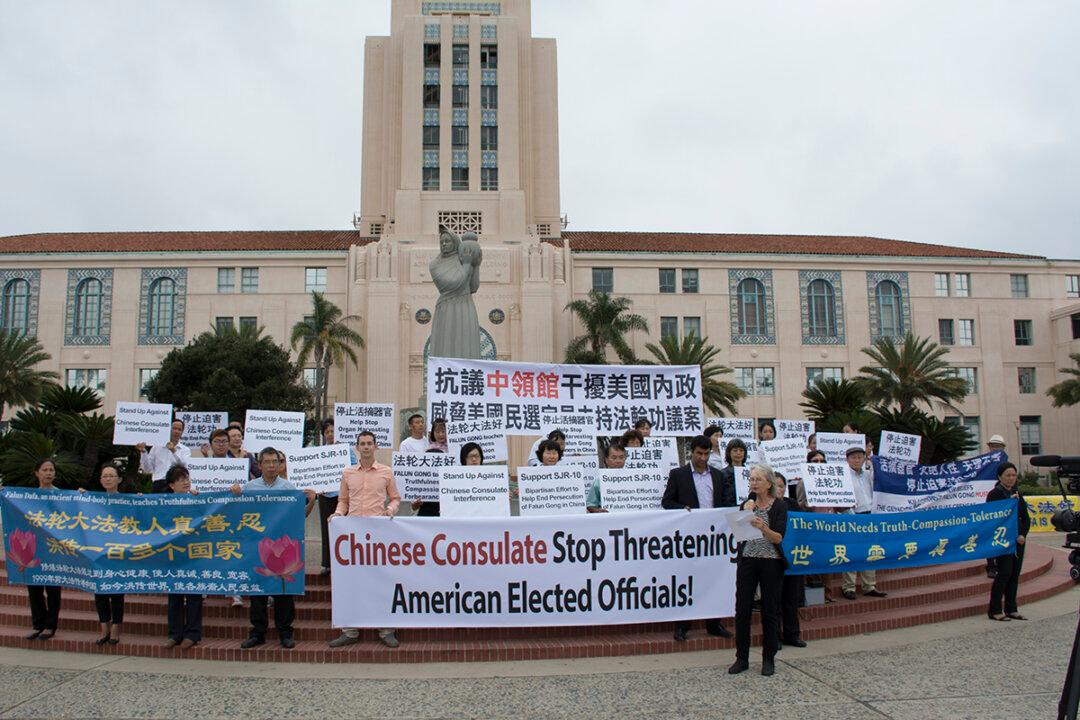SAN FRANCISCO—The eighth annual Japanese Cultural Summit (J-POP) was held in San Francisco over the weekend of July 22–24 at the Fort Mason Center for Arts and Culture. The popular festival showcases a broad sampling of Japanese culture, including fashion, music, food, art, and tech innovations.

J-POP Summit 2016 at Fort Mason, in San Francisco, on July 23. (Mark Cao/Epoch Times)

J-POP Summit 2016 at Fort Mason, in San Francisco, on July 23. Mark Cao/Epoch Times



